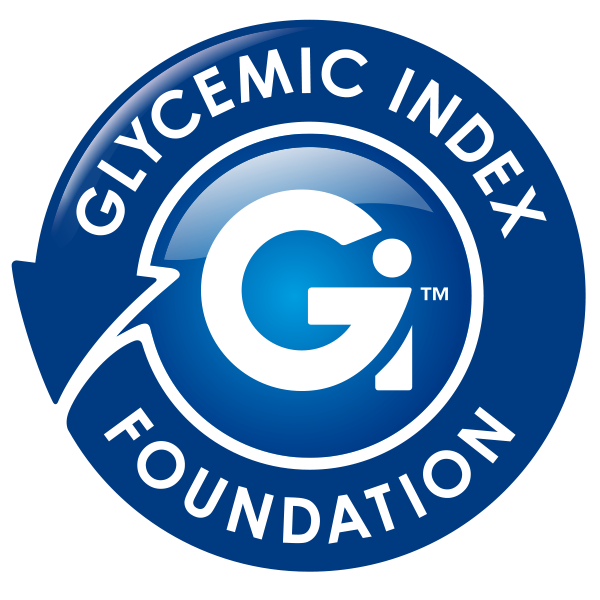Dieting is arguably the most popular indoor sport for Aussies and with 2024 now here, losing weight and getting healthy may be part of your New Year’s resolution. Popular diets have gained widespread attention on social media and is the topic of conversation for many influencers and celebrities. Unfortunately, many diets are ‘fads’ with minimal scientific evidence to support health claims. They can also be potentially harmful and unsafe if not used in the right circumstances. There is also evidence to suggest that weight loss diets don’t work in the long term and may eventually lead to weight gain. A meta-analysis of 29 long-term weight loss studies found that more than half of the lost weight was regained within two years and by five years more than 80% of lost weight was regained.[i]
The question that may come to mind is what is the best diet to lose weight that is based on scientific evidence? To help answer this question and help you make an informed choice, Dietitian, Rebecca McPhee, has put the spotlight on 6 popular diets, exploring the pros and cons of each one.
KETOGENIC DIET
A very low carbohydrate, fat rich diet that was used to treat children with epilepsy back in the 1920s. This diet works on the premise that to lose weight, your body must use ketones from fat as the primary energy source instead of glucose from carbohydrates.
| DIET PROS |
|
| DIET CONS |
|
LOW CARBOHYDRATE DIET
Low carb diets gained widespread attention in the early 1970s when Dr Robert Atkins wrote a bestselling book ‘Dr Atkins Diet Revolution’. Low carb diets restrict carbohydrate containing foods including bread, grains, pasta, starchy vegetables, and some fruit. Low carbohydrate eating results in weight loss because carbohydrates are stored in the body with water, therefore initial weight loss is mostly water.
| DIET PROS |
|
| DIET CONS |
|
FASTING DIET
Fasting is not new and has been practiced for thousands of years in different cultures for a range of reasons. However, in recent years, fasting has become a popular diet trend promoting weight loss and other health benefits. In particular, the 5:2 diet by Dr Michael Mosley gained a lot of media attention. The 5:2 regime is intermittent fasting which involves 5 days of healthy eating and 2 days of caloric restriction (500-600 calories) or ‘fasting’. Following the success of 5:2, the 16:8 has also gained popularity as a fasting alternative. The 16:8 plan involves eating during an 8-hour period followed by a 16-hour fasting window. This method of fasting is known as ‘time-restricted eating’.
| DIET PROS |
|
| DIET CONS |
|
ALKALINE DIET
The alkaline diet has come back into fashion after several celebrities, claimed to benefit from following this regime. The theory suggests that the foods we eat affects our body’s pH balance. The pH measures how acidic or alkaline something is. Eating ‘acid producing food’ such as meat, dairy and grains causes an acidic environment in the body and therefore leads to metabolic disturbances and disease. On the other hand, an alkaline diet which includes vegetables, fruit and nuts makes the body more alkaline and promotes health.
| DIET PROS |
|
| DIET CONS |
|
CSIRO TOTAL WELLBEING DIET
The CSIRO Total Wellbeing Diet is a nutritionally balanced, higher protein, low GI eating plan that has been scientifically tested in many studies.
| DIET PROS |
|
| DIET CONS |
|
MEDITERRANEAN DIET
One of the world’s oldest and healthiest eating patterns making it an all-round winner. It is also recognised by the World Health Organization as a healthy and sustainable way of eating. What makes up a Mediterranean diet:
- A high consumption of cereals, legumes, nuts, vegetables, and fruits.
- A relatively high fat intake, mostly provided by olive oil which are unsaturated ‘good’ fats
- A moderate to high fish intake
- Poultry and dairy products consumed in moderate to small amounts
- A low consumption of red meats and meat products
- A moderate alcohol intake, usually in the form of red wine
- The Mediterranean diet is not just about the type of food eaten. It also involves social and cultural factors such as eating with friends and family, post-meal siestas and lengthy mealtimes. These habits promote positive social connections and a less stressful, more relaxed way of living.
| DIET PROS |
|
| DIET CONS |
|
TOP TIPS FOR GOING LOW GI IN 2024:
Swap breads and cereals to low GI, wholegrain choices
Drop white potato and choose lower GI potato or sweet potato
Add lots of seasonal salad or vegetable to every meal
Reduce amount of carbs at meals to a ‘fist size’ portion
If you want to try incorporating more low GI, Mediterranean-style foods into your diet, consider these for your next shopping trip. Shopping list.
We also have a 7 day low GI Mediterranean meal plan packed with delicious recipes which you can access for free. [iv]
By Rebecca McPhee, Accredited Practising Dietitian (APD) & Health Coach Consultant.
[i] Hall, K. and Kahan, S. Maintenance of lost weight and long-term management of obesity. Medical Clinics of North Amero. 2018 Jan; 102(1): 183–197.
[ii] dietitiansaustralia.org.au
[iii] Martini, D. Nutrients. 2019 Aug; 11(8): 1802


